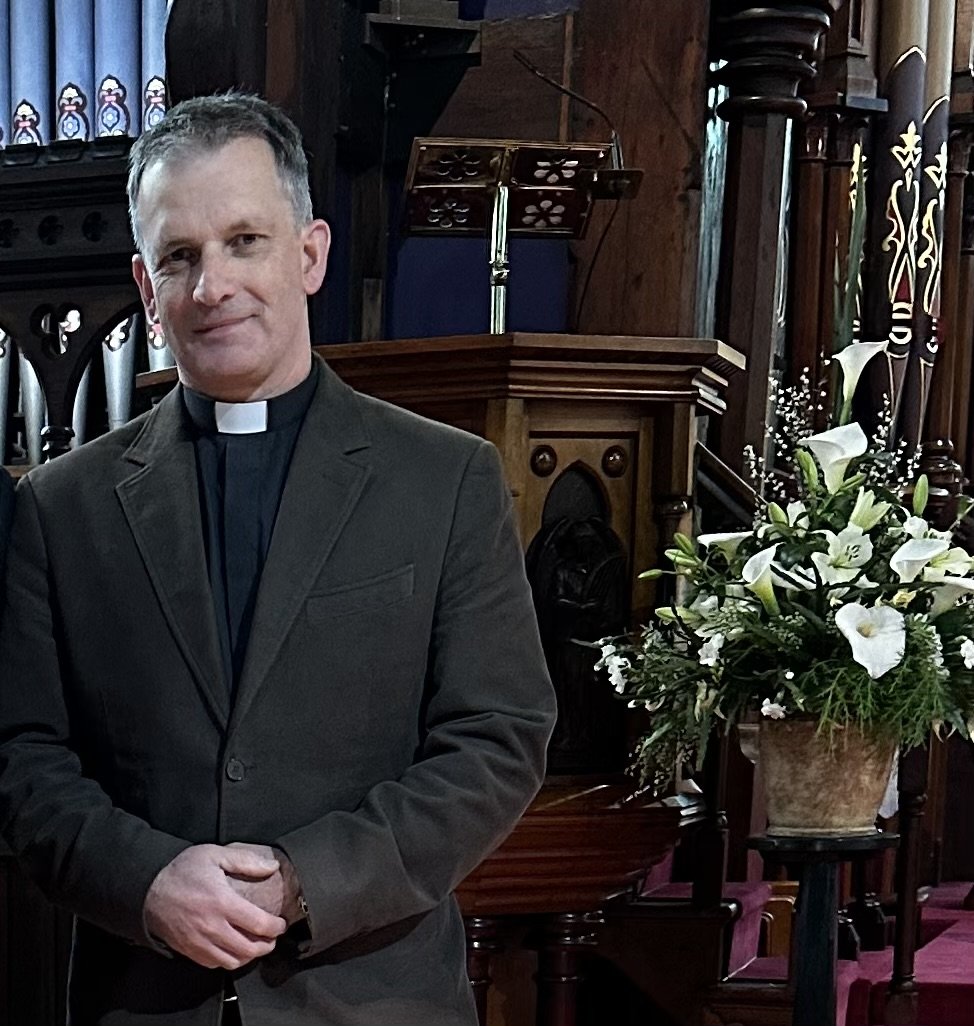The Daily Office
The church has at its core offered a daily cycle of prayer what is known as the daily office. The daily office is often thought of as the thing of monks and nuns, but it has been a discipline for Christian’s tracing back to and through Jesus, coming from the Judaic tradition. Praying the office is a universal Christian tradition both for the ordained and laity. While the usual daily cycle of prayer for monastics could vary across different communities the Benedictine office that is normally followed would include Matins / Vigils (midnight), Lauds (sunrise), Prime (morning), Terce (mid- morning), Sext (midday), None (afternoon), Vespers (evening) and Compline (night prayer). At the heart of the daily office (prayers) is the psalms and all 150 were prayed each week with some repeated each and every day. Clearly to be able pray the daily office is a huge commitment that can only be maintained by a few.
The brilliance of Archbishop Thomas Cranmer was that he combined and simplified the office resulting in his gift to the church, the Book of Common Prayer. Our own Prayer Book, He Karakai Mihinare o Aotearoa, flows out of the work of Cranmer molded in the New Zealand context. The Morning and Evening services maintain the tradition of praying the psalms (inspired prayers) sequentially as Cranmer suggested, meaning that all the psalms would be prayed each month. There is also provision to pray a reduced number (usually a single psalm) by following the lectionary. The Daily Office is a Common Prayer meaning that wherever and when we pray the office, we join our prayers with those also praying, and if we are unable to pray others are still praying and likewise, we continue to pray when others are unable.
I encourage you in your own way to undertake a daily cycle of prayer. One way of doing this is to join others here at St Marks via Zoom link for Morning prayer 8:15 Thursday and Friday mornings and for Night Prayer (Compline) 9pm Monday to Friday. Zoom Meeting ID: 878 542 1911 Password: 100100
God Bless
From the Vicar
The fact that Christ is risen, that the tomb was empty, is central to our faith as disciples of Jesus.
We are confronted by how easy it is to go from the joyful singing of “Hosanna” to the baying for blood in shouting “Crucify”.
During this time the Church’s liturgy is somber and empresses a sorrowful mood as we focus more intently on the coming crucifixion of Christ.
Parish Officers
Parish Governance
The executive team of Vicar, churchwardens and treasurer meet constantly on parish business.
Parish Groups
Worship leaders, lay readers, servers, ushers, greeters, flower arrangers, cleaners, counters, intercessors and cup bearers all join together to support the service.
The fact that Christ is risen, that the tomb was empty, is central to our faith as disciples of Jesus.
We are confronted by how easy it is to go from the joyful singing of “Hosanna” to the baying for blood in shouting “Crucify”.
During this time the Church’s liturgy is somber and empresses a sorrowful mood as we focus more intently on the coming crucifixion of Christ.
Community Fair bringing affordable toys, books, china, vintage clothes and more from the Opawa - St Martins Parish.









